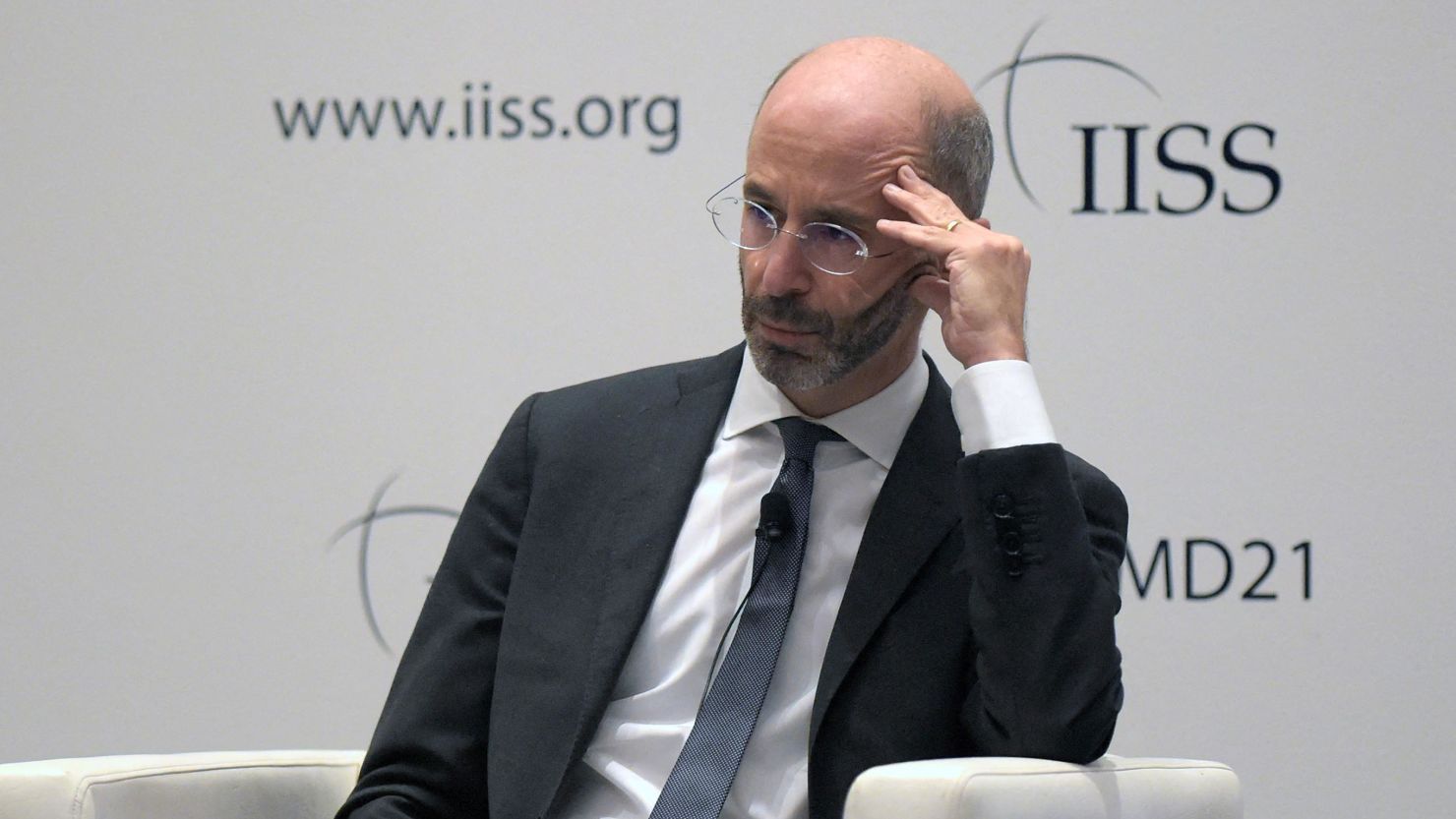The US Special Envoy for Iran said Wednesday that the prospects of a return to the Iran nuclear deal are “tenuous at best,” but said the Biden administration still believes it is in the national security interest of the United States to try to salvage the 2015 agreement.
Rob Malley’s assessment at a Senate Foreign Relations Committee hearing came the same day that the Biden administration unveiled new sanctions on Iran, targeting “an international oil smuggling and money laundering network led by Islamic Revolutionary Guard Corps-Qods Force (IRGC-QF) officials that has facilitated the sale of hundreds of millions of dollars’ worth of Iranian oil for both the IRGC-QF and Hizballah,” according to a news release from the US Treasury Department.
The US abandoned the Iran nuclear deal, formally known as the Joint Comprehensive Plan of Action, under the Trump administration and Iran has moved increasingly out of compliance with the limits imposed by the deal. At the SFRC hearing Wednesday, Malley repeatedly lambasted the decision of the former President to withdraw from the agreement.
“The simple fact is this: as a means of constraining Iran’s nuclear program, the JCPOA was working. Leaving it has not,” Malley said.
Malley said that Iran’s breakout time – the amount of time where it has enough fissile material that it would need to produce a nuclear weapon – could be weeks away.
However, months of indirect negotiations between the US and Iran in Vienna, facilitated by the other parties remaining in the deal, aimed at salvaging the agreement and getting Tehran to abide those constraints have not yielded success.
“As I speak to you today, we do not have a deal and prospects for reaching one are tenuous at best,” Malley told lawmakers.
“If Iran maintains demands that go beyond the scope of the JCPOA, we will continue to reject them, and there will be no deal. It is not our preference, but we are fully prepared to live with and confront that reality if that is Iran’s choice,” he continued.
Malley said the Biden administration has “no illusion – nuclear deal or no nuclear deal, this Iranian government will remain a threat.”
“As we have throughout the negotiations, we will continue to push back,” he said, referencing Wednesday’s new sanctions.
According to the Treasury Department, the sanctions target an oil smuggling network “led by U.S.-designated IRGC-QF official Behnam Shahriyari and former IRGC-QF official Rostam Ghasemi and backed by senior levels of the Russian Federation government and state-run economic organs.” They said this network “has acted as a critical element of Iran’s oil revenue generation, as well as its support for proxy militant groups that continue to perpetuate conflict and suffering throughout the region.”
“While the United States continues to seek a mutual return to full implementation of the Joint Comprehensive Plan of Action (JCPOA), we will strictly enforce sanctions on Iran’s illicit oil trade,” Secretary of State Antony Blinken said in a statement.
“We will not hesitate to target those who provide critical support for the IRGC or Hizballah and facilitate their access to the international financial system,” he continued.
“We work vigorously to counter sanctions evasion and continue to strictly enforce sanctions on Iran’s illicit oil trade. Anyone purchasing oil from Iran faces the prospect of US sanctions,” Blinken said.


